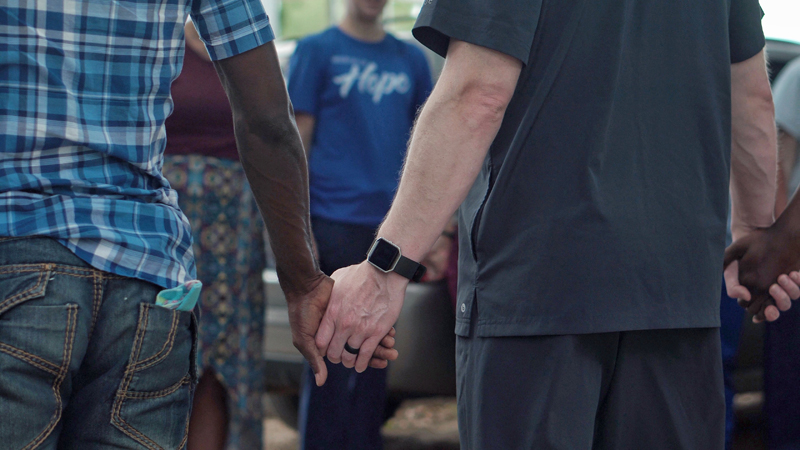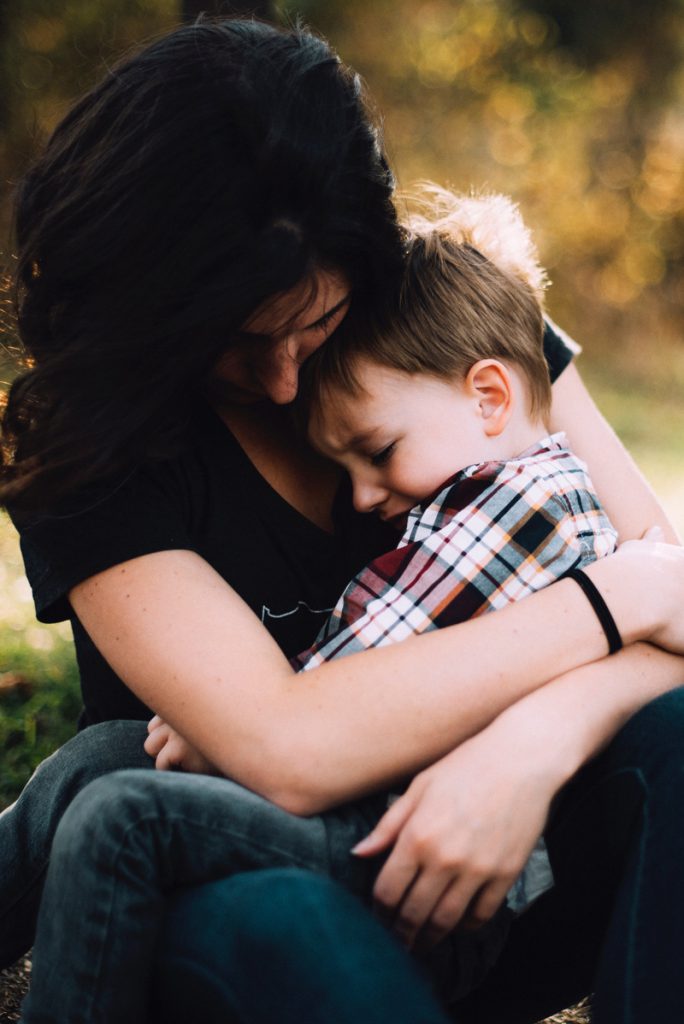We all hate the thought of abuse, but many don’t know how to express concerns about a friend who is being abused. What we do know is that abuse is all around us. More than 1 in 3 women (35.6%) and more than 1 in 4 men (28.5%) in the U.S. report having experienced rape, physical violence, and/or stalking by an intimate partner in their lifetime.

According to the National Center for Abuse and Domestic Violence (NCADV), “Domestic violence is the willful intimidation, physical assault, battery, sexual assault, and/or other abusive behavior as part of a systematic pattern of power and control perpetrated by one intimate partner against another. It includes physical violence, sexual violence, psychological violence, and emotional abuse. The frequency and severity of domestic violence can vary dramatically; however, the one constant component of domestic violence is one partner’s consistent efforts to maintain power and control over the other.”
According to JaneDoe.org, 90% of all domestic violence survivors are female and most abusers are male. As a result, we refer to survivors in this article as “she,” but realize that men can be abused as well.
If you suspect someone you love is being abused, it’s important to broach the topic with her. It’s tempting to want to rush in save the day, but abuse is complicated. Confronting abuse has the potential to be dangerous, especially for the abuse survivor. There are many ways to help a friend who is being abused. We cover a few below:
Voice Concern
When we see a friend getting hurt, whether it be physically or emotionally, let her that know you’re concerned. Initiate the conversation rather than wait for her to say something. Let her know you’ve seen some things that don’t seem healthy for her and ask her how these make her feel. It’s important to allow her space to identify these situations and work through the pattern of abuse.
Generational violence normalizes abusive behavior, so it may be difficult for her to realize she deserves a safe relationship. When you voice concern, it’s important to ensure this talk is at time and place that is private. It’s helpful to have this discussion in person, as well.
Listen
It may be tempting to share your concerns and then walk away, letting her decide whether or not to heed your warnings. Or worse, tell her what she should do. An abused woman is already being told what to do by their abuser. They don’t need you trying to control them as well. Instead, invite conversation. Ask her what she would like to see in her relationship. Abuse is about power, so ask how she would like to see herself regaining some of her own power.

Be patient as you listen. It’s often difficult for a survivor to talk about her abusive. She’s learned to live in denial to survive, so a shift in thinking may take time.
Support
Far too often, people choose to support an abuse survivor only if she leaves her abuser. When we offer this conditional support, we are no better than her abuser, who uses manipulation to control behavior. And if she chooses to remain in the relationship, your conditional support only isolates her more.
An individual who has been abused may lose her voice — her ability to speak for herself. Encourage her to talk and explore some potentially new thoughts concerning her relationship. Sometimes support looks like helping her find someone to talk to who has experience in dealing with abusive relationships.
No matter what she decides at the end of your discussion, remain supportive. If she decides to remain in the relationship, you may voice concern, but again, remain supportive of her.
Don’t Blame
Let her know that the abuse is not her fault. It’s common for a survivor to think that if she had handled the situation better or used a different tone of voice the abuse would not have happened. An abuser chooses to abuse, and this choice has nothing to do with the actions of the survivor. Never blame an abuse survivor for her abuse.
Help Make a Safety Plan

Creating a safety plan might involve a packing bag of essentials. It may be developing a code word so she can let you know that she is in danger without her abuser suspecting she is sounding cry for help. You can help arrange a meeting place if she needs to leave at a moment’s notice. It’s also helpful to have a list of local shelters in the event a safe, private shelter is needed.
Well-Known National Resources
- National Domestic Violence Hotline: For anonymous, confidential help available 24/7, call 1-800-799-7233 (SAFE) or 1-800-787-3224.
- Love is Respect – National Teen Dating Abuse Hotline: For 24/7 help, call 1 (866) 331 – 9474. Text: 22522
- The StrongHearts Native Helpline: A safe, anonymous, and confidential service for Native Americans experiencing domestic violence and dating violence call 1 (844) 762 – 8483. Available Monday through Friday, 9:00am to 5:30pm CST via phone.
- Gay, Lesbian, Bisexual and Transgender National Hotline: This hotline serves gay, lesbian, bisexual, transgender, and questioning people by providing free and confidential peer support and local resources. Call 1 (888) 843 – 4564 or their Youth Talkline at 1 (800) 246 – 7743.
If you work with abused women, thank you! We encourage you to remember to continue to care for yourself through the process. Self-care and a practice of gratitude is necessary to keep yourself centered and to remain strong. Our Live a Brighter Life Course and Caring for the Caregiver is a unique and powerful resource for people just like you. We also host monthly Caregiver Call. Check our Facebook page for details on the next call.



